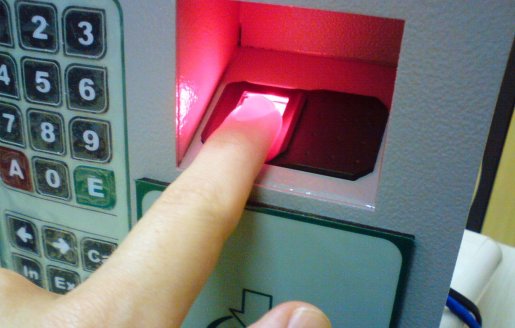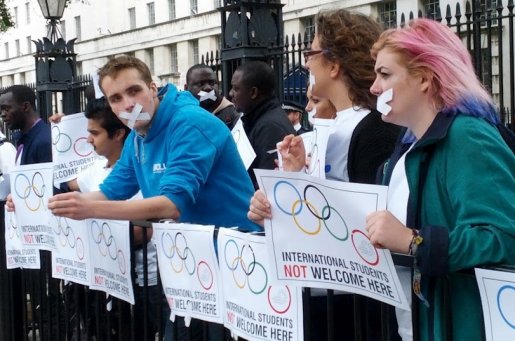Friday saw the latest twist in the saga surrounding London Metropolitan University's international students, as the High Court ruled that its students with full immigration status can continue their studies at the institution.
Less than a month ago, the UK Border Agency stripped the university of its right to act as a visa sponsor for non-EU students. This not only meant that London Met could no longer recruit new international students, but also that the existing students (around 2,000 of them) due to return to their studies this week had to find a different institution.
However, after the university strongly denied any wrongdoing and outcry from prominent figures in British higher education, the High Court has given permission to London Met to challenge the decision. It also ruled that whilst the process of appeal was taking place, new and existing international students who had already been granted visas could begin the new academic year at the university.
The Interests of the Students
At the hearing, London Met's lawyer Richard Gordon argued that it "came down to fairness" and that the UKBA's decision was unlawful. Whilst not totally convinced by this, the judge did rule that the university could make a legal challenge through a judicial review.
A statement from UKBA followed, explaining:










